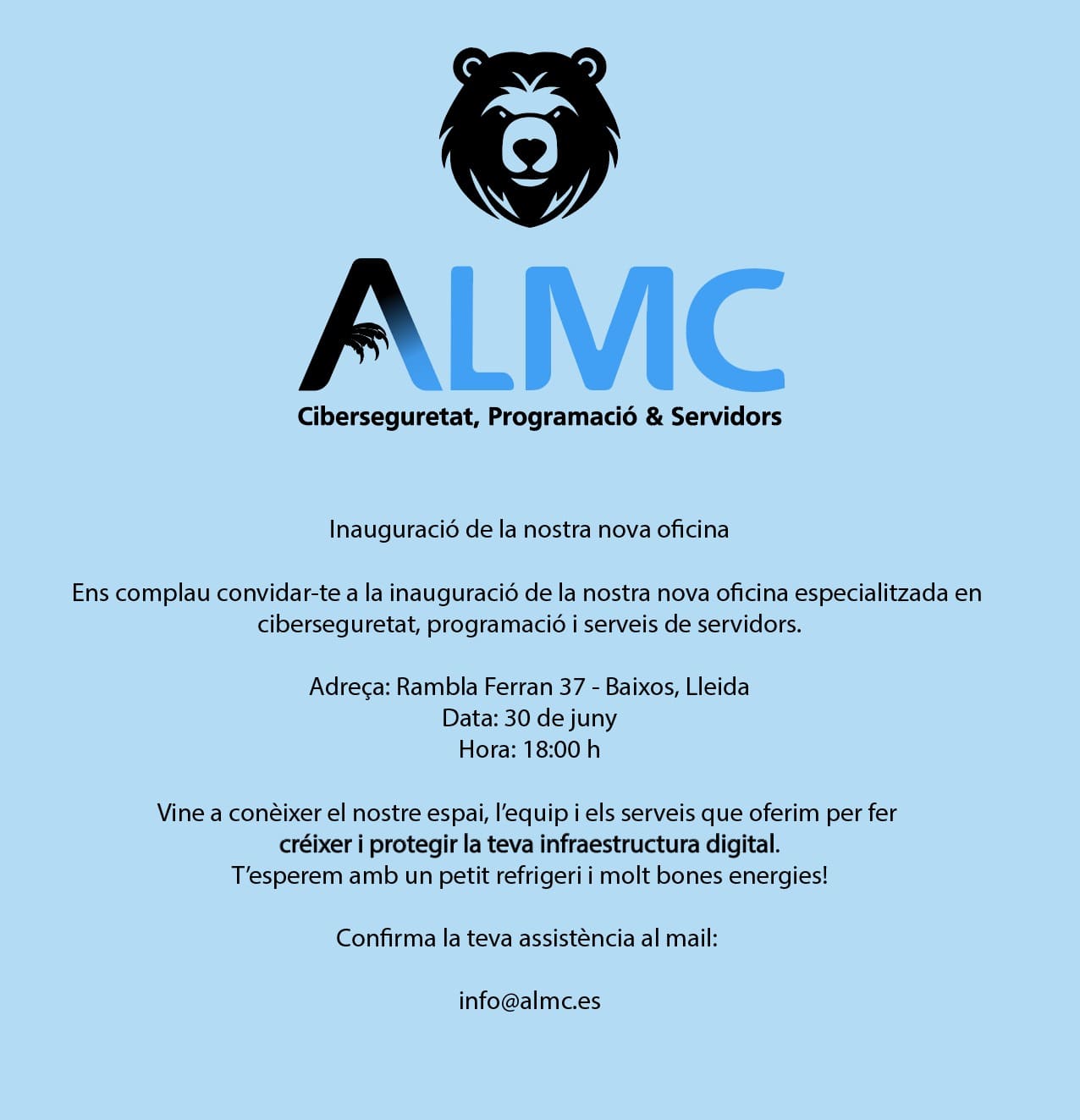MCP Video Converter Server
An MCP server that provides tools for checking FFmpeg installation and converting video files between various formats.
Features
- Check FFmpeg: Verifies if FFmpeg is installed and accessible.
- Convert Video: Converts video, audio, and image files to various formats (e.g., MP4, WebM, MOV, MP3, PNG).
- Format Info: Get a list of supported file formats for conversion.
Prerequisites
- Python 3.10+
- FFmpeg installed and available in your system's PATH
- [Optional] uv for environment management
Setup
Clone this repository:
git clone https://github.com/adamanz/mcp-video-converter.git cd mcp-video-converterCreate and activate a virtual environment:
# Using venv (standard library) python -m venv .venv source .venv/bin/activate # On Windows: .venv\Scripts\activate # Or using uv (recommended if available) uv venv source .venv/bin/activate # On Windows: .venv\Scripts\activateInstall dependencies:
# Using pip pip install -e . pip install fastmcp # Or using uv uv pip install -e . uv pip install fastmcpVerify your installation:
# Run the installation check script python check_installation.py
Running the Server Directly
You can run the server directly:
# Activate the virtual environment if not already activated
source .venv/bin/activate # On Windows: .venv\Scripts\activate
# Run the server
python -m mcp_video_converter.server
Integrating with Claude Desktop
To add this MCP server to Claude Desktop:
Locate or create the Claude Desktop configuration file:
# macOS mkdir -p ~/Library/Application\ Support/Claude/ nano ~/Library/Application\ Support/Claude/claude_desktop_config.json # Windows mkdir -p %APPDATA%\Claude\ notepad %APPDATA%\Claude\claude_desktop_config.jsonAdd the MCP server configuration:
{ "mcpServers": { "video-convert": { "command": "/bin/bash", "args": [ "-c", "cd /absolute/path/to/mcp-video-converter && source .venv/bin/activate && python -m mcp_video_converter.server" ] } } }Windows Alternative:
{ "mcpServers": { "video-convert": { "command": "cmd.exe", "args": [ "/c", "cd /d C:\\absolute\\path\\to\\mcp-video-converter && .venv\\Scripts\\activate && python -m mcp_video_converter.server" ] } } }Replace
/absolute/path/to/mcp-video-converterwith the absolute path to your repository.Restart Claude Desktop
- The server will appear as "video-convert" in the MCP tools menu
Important notes:
- Always use absolute paths in your configuration
- Make sure FFmpeg is installed and in your PATH
- If you encounter issues, check the Claude Desktop logs:
# macOS tail -n 20 -F ~/Library/Logs/Claude/mcp*.log # Windows type %APPDATA%\Claude\logs\mcp*.log
Integrating with Cursor
To add this MCP server to Cursor:
Locate or create the Cursor configuration file:
# macOS mkdir -p ~/.cursor/ nano ~/.cursor/config.json # Windows mkdir -p %USERPROFILE%\.cursor\ notepad %USERPROFILE%\.cursor\config.jsonAdd the MCP server configuration:
{ "ai": { "mcpServers": { "video-convert": { "command": "/bin/bash", "args": [ "-c", "cd /absolute/path/to/mcp-video-converter && source .venv/bin/activate && python -m mcp_video_converter.server" ] } } } }Windows Alternative:
{ "ai": { "mcpServers": { "video-convert": { "command": "cmd.exe", "args": [ "/c", "cd /d C:\\absolute\\path\\to\\mcp-video-converter && .venv\\Scripts\\activate && python -m mcp_video_converter.server" ] } } } }Replace
/absolute/path/to/mcp-video-converterwith the absolute path to your repository.Restart Cursor
- The server will be available to Claude in Cursor
Important notes:
- Always use absolute paths in your configuration
- Make sure FFmpeg is installed and in your PATH
- Logs may be accessed through Cursor's developer tools
Deploying with Smithery
Smithery is a platform that simplifies deploying and managing MCP servers. This project is fully configured for Smithery deployment with the required files and configurations.
Required Configuration Files
This project includes all required configuration files for Smithery deployment:
- smithery.yaml: Defines how to start your server and its configuration options
- Dockerfile: Defines how to build your server's container image
Smithery YAML Configuration
The smithery.yaml file provides Smithery with instructions on how to run your server:
startCommand:
type: stdio
configSchema:
type: object
properties:
ffmpegPath:
type: string
title: "FFmpeg Path"
description: "Optional path to FFmpeg executable (uses system PATH by default)"
outputDirectory:
type: string
title: "Output Directory"
description: "Optional custom directory for output files"
quality:
type: string
enum: ["low", "medium", "high"]
default: "medium"
title: "Default Quality"
name: "MCP Video Converter"
description: "Convert video files between formats and check FFmpeg installation"
commandFunction: |
(config) => {
// Function that returns command details based on configuration options
}
build:
dockerfile: Dockerfile
dockerBuildPath: .
env:
OUTPUT_DIRECTORY: "/data/converted"
buildOptions:
buildArgs:
PYTHON_VERSION: "3.10"
INSTALL_DEV: "false"
labels:
org.opencontainers.image.source: "https://github.com/adamanz/mcp-video-converter"
org.opencontainers.image.description: "MCP Server for video conversion using FFmpeg"
org.opencontainers.image.licenses: "MIT"
Key components:
- type: stdio: Defines that our server uses the standard I/O transport
- configSchema: Defines the configuration options users can set (FFmpeg path, output directory, quality)
- commandFunction: JavaScript function that returns how to start the server based on configuration
- build: Container-specific configuration for Dockerized deployment
Deploying to Smithery
Install Smithery CLI if you haven't already:
# Install the Smithery command-line tool npm install -g @smithery/cliLogin to Smithery:
smithery loginDeploy directly from the repository:
# Navigate to the repository directory cd /path/to/adamanz/mcp-video-converter # Deploy to Smithery smithery deployAlternatively, deploy with explicit build options:
# Deploy with container build smithery deploy --build # Deploy with custom build arguments smithery deploy --build --build-arg PYTHON_VERSION=3.11Configure and start the server in Smithery:
# Configure the server (interactive) smithery configure mcp-video-converter # Start the server smithery start mcp-video-converter
Docker Support
This project includes a multi-stage Dockerfile for efficient containerized deployment. The container:
- Uses a multi-stage build process to reduce final image size
- Installs FFmpeg and all required dependencies
- Creates a dedicated volume mount point for converted files
- Includes a healthcheck for better container monitoring
You can build and run the Docker container manually:
# Build the container
docker build -t mcp-video-converter .
# Run the container
docker run -it --rm \
-v $(pwd)/converted:/data/converted \
-e FFMPEG_PATH=/usr/bin/ffmpeg \
-e DEFAULT_QUALITY=high \
mcp-video-converter
Serverless Hosting Considerations
When deploying to Smithery's serverless environment, be aware of the following:
- Connection Timeout: Connections to your server will timeout after 2 minutes of inactivity
- Ephemeral Storage: Design your server with ephemeral storage in mind
- Stateless Design: The server should not rely on persistent local storage
- Output Files: Video conversion outputs should be returned properly as part of the tool response to ensure clients can access them
Smithery Management
Useful Smithery commands for managing your deployment:
# View server logs
smithery logs mcp-video-converter
# Update to latest version
smithery update mcp-video-converter
# Stop the server
smithery stop mcp-video-converter
# Remove the server
smithery remove mcp-video-converter
Integrating with Smithery Apps
Users can access your server through the Smithery app:
- Open the Smithery application
- Navigate to "Servers" tab
- Select "mcp-video-converter"
- Configure settings if prompted (FFmpeg path, output directory, quality)
- Connect to the server
- Use the server with compatible MCP clients
Testing Before Deployment
Before deploying to Smithery, it's recommended to test your server locally:
# Test with MCP Inspector (if available)
mcp-inspector -s /path/to/mcp-video-converter/smithery.yaml
# Or test by running the server directly
cd /path/to/mcp-video-converter
python -m mcp_video_converter.server
Troubleshooting Common Issues
Server Not Found
If the MCP server is not being picked up:
- Verify the paths in your configuration file are absolute and correct
- Check that FFmpeg is installed and in your PATH
- Ensure the virtual environment is activated in your command
- Check the logs for specific error messages
Python Module Not Found
If you see errors about missing modules:
- Make sure you installed all dependencies with
pip install -e .andpip install fastmcp - Verify the virtual environment is being activated correctly
- Try reinstalling the package:
pip install -e .
FFmpeg Not Found
If FFmpeg cannot be found:
- Verify FFmpeg is installed:
which ffmpegorwhere ffmpegon Windows - Add the FFmpeg directory to your PATH
- In the configuration, you can specify the full path to FFmpeg:
"env": { "PATH": "/usr/local/bin:/usr/bin:/bin:/path/to/ffmpeg/bin" }
Example Usage (with Claude)
Once integrated, you can ask Claude to perform tasks like:
- "Check if FFmpeg is installed on my system"
- "Convert this video file: /path/to/video.webm to MP4 format with high quality"
- "What video formats can I convert to?"
Claude will use the appropriate tools from the MCP server to accomplish these tasks.
Advanced: Using with fastmcp client
For programmatic usage, you can use the fastmcp client:
# Check FFmpeg installation
fastmcp client call <SERVER_URL_OR_FILE_PATH> check_ffmpeg_installed '{}'
# Get supported formats
fastmcp client call <SERVER_URL_OR_FILE_PATH> get_supported_formats '{}'
# Convert a video
fastmcp client call <SERVER_URL_OR_FILE_PATH> convert_video '{
"input_file_path": "/path/to/your/video.webm",
"output_format": "mp4",
"quality": "high"
}'
Replace /path/to/your/video.webm with an actual video file path.
Supported Formats
- Video: MP4, WebM, MOV, AVI, MKV, FLV, GIF
- Audio: MP3, WAV, OGG, AAC, M4A
- Image: WebP, JPG, PNG, BMP, TIFF
Running Tests
# Using pip
pip install pytest
pytest
# Using uv
uv pip install pytest
uv run pytest
License
This project is open source and available under the MIT License.
Contributing
Contributions are welcome! Please see CONTRIBUTING.md for details on how to contribute to this project.




